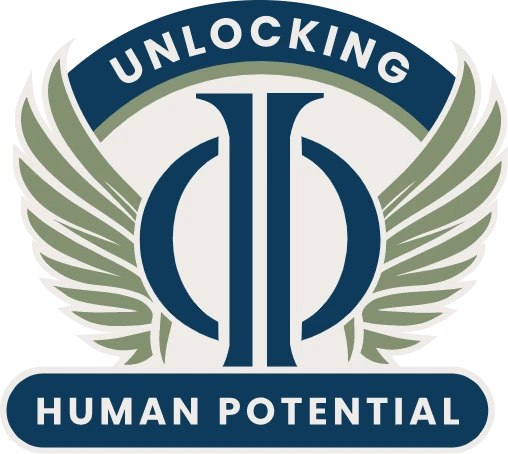I must have been six or seven when I wandered off to the dentist’s office on my own, despite my mother’s clear instructions to wait for her. This was in Ankara, Türkiye. Even in the relatively safer 1960s, it wasn’t common for a child my age to roam the streets alone. Luckily, I arrived without incident, and as I later heard from my mother, even seated myself in the dental chair, ready for the work to begin.
By the time she arrived, the dentist was already working on me. Instead of questioning me, she lovingly praised me for how I had found the office and bravely seated myself. I don’t recall a trace of anger or her saying, “Don’t you ever do that again.” At that age, not knowing otherwise, it all felt perfectly normal. But it isn’t hard to see how unusual the situation really was and how rare such a response truly is.
In hindsight, most likely, my mother’s response was quietly but profoundly formative—whether she intended it or not. When I hear psychologists speak about how childhood experiences shape us, I wonder how that little episode may have influenced the sense of empowerment I’ve carried throughout my life. Had my mother scolded me instead of praising me, would that part of me have developed differently?
The answer lies in the mysterious workings of our inner world. A long-standing debate about this centers on whether we are shaped more by our nature—our genetic makeup—or the way we are nurtured—the environments and relationships that surround us. This question has stirred scientific and philosophical minds for generations. Most likely, both play a role, starting with how they shape the deeper layers of our world of thoughts.
As that debate continues in new forms, we are learning more about the role of individual agency. Yet, one question still lingers: to what extent can we use our willpower to change ourselves from the inside out—regardless of nature or nurture?
This question matters deeply. The greater our power to shape our own psyche, the more control we have over the course of our lives. A quote attributed to Swiss psychologist Carl Jung hints that this power may be more than we think: “Until you make the unconscious conscious, it will direct your life and you will call it fate.” The ability to become aware of our unconscious patterns is a profoundly consequential gift. It can reveal the keys to unlock our untapped potential.
Managing our own psyche is one of life’s difficult tasks. Yet, it is possible with practice. By regularly reflecting on our experiences, we develop the muscles to tune into ourselves. The key is to let those reflections go beyond what happened in the outer world, to understand what happened within us. The insights we gain through this introspection become a mirror, helping us recognize what needs to shift inside so that life can shift outside.
The bounds of our willpower are untested terrain. It’s the hidden force we all possess. Most of us have barely touched it. That can begin to change when we learn to pay attention to our inner landscape—the thoughts that flicker, the tensions that rise, the patterns we carry without noticing. As we start to connect the dots between what lives inside us and how we show up in the world, something shifts. Not dramatically. But unmistakably. And from there, everything moves.
Soulgery is here to guide you on this journey.


3 Responses
Research in developmental psychology suggests that early validation fosters internalized self-trust—a core component of agency. It doesn’t negate nature, but it amplifies it.
What resonates most is your question about willpower. Perhaps willpower is less about force and more about awareness — about making conscious choices once we clearly see our patterns. Jung’s quote feels fitting here: awareness turns unconscious scripts into editable drafts.
Your reflection suggests that empowerment may not be inherited or imposed — but awakened.
💙💙💙
This follows many Bible principles, explaining the inner Spirit. The Holy Spirit guiding and shaping our moods, personalities, and will. Aligning our will with the Fathers will.
James 1:17 (Jewish Study Bible)
Every good act of giving and every perfect gift is from above, coming down from the Father who made the heavenly lights; with him there is neither variation nor darkness caused by turning.